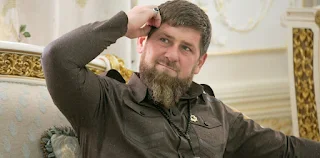
Chinese firms put deeper roots in Pakistan in post-flood reconstruction; more joint efforts needed for regional recovery
Chinese infrastructure companies in Pakistan are playing an increasingly important role in supporting the regional economy and livelihoods as the country looks for more joint efforts from the international community to facilitate the gradual recovery from the lingering devastation of recent floods.
While Chinese companies have taken an active approach in providing constant aid, they have also beefed up efforts to maintain the smooth operation of their projects in some key areas such as power generation and housing in Pakistan, as the country, hit by unprecedented floods in September, has seen its economic recovery slowing down.Industry insiders and experts said that more joint efforts, including safety guarantees for local personnel and projects of Chinese companies, are needed more than ever to ensure the smooth operation of these projects.












































